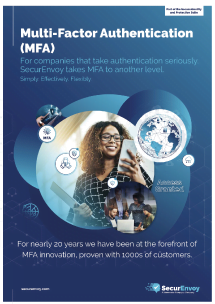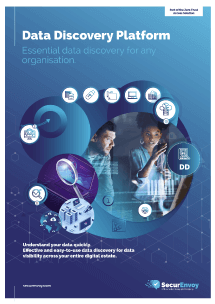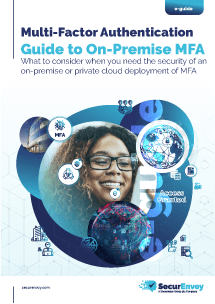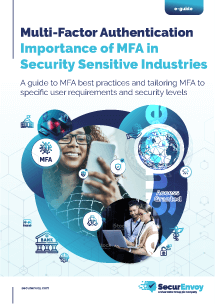

German state moves beyond Microsoft? Exploring the rise of open-source alternatives
When the German state of Schleswig-Holstein announced its plan to transition away from Microsoft products in favour of open-source alternatives like LibreOffice and Linux, it reignited a long-running debate in public sector IT: how much control should states and organisations relinquish to tech giants?
At the heart of this decision lies a push for digital sovereignty, the ability to define and secure your own digital infrastructure without over-reliance on a small number of dominant vendors. For Germany, and other regions watching closely, this signals a potential turning point in the broader conversation around Microsoft alternatives, licensing costs, and the future of government IT strategy.
Expert voices: Optimism, realism, and skepticism
Following the announcement, we gathered feedback from IT leaders and experts across industries. The responses were diverse, and telling.
Some saw Schleswig-Holstein’s choice as a bold and necessary step toward long-term independence. Others were more cautious, pointing to past challenges with open-source migrations. A few were openly skeptical, questioning whether the complexity and disruption would outweigh the benefits.
“Open-source software isn’t just a cost-saving mechanism – it’s an enabler for innovation, talent development, and long-term resilience.”
This mix of opinion reflects the broader industry mood. There is no clear consensus, only a shared understanding that the status quo is shifting.
Cost, control, compatibility: What’s at stake?
Moving away from entrenched ecosystems like Microsoft’s is not just a philosophical decision. It comes with real-world implications.
- Cost: Licensing fees are a major burden for public sector budgets. Open-source solutions can offer financial relief, but only when long-term costs, training, support, integration, are factored in wisely.
- Control: Digital sovereignty allows governments to customise their environments, audit code, and reduce dependence on foreign vendors. For some, this autonomy is worth the learning curve.
- Compatibility: A major hurdle. Integrating legacy systems, ensuring interoperability, and maintaining user productivity are complex challenges in any large-scale migration.
Is One German State’s Microsoft Exit Part of a Wider Trend in Public Sector IT?
This move doesn’t exist in isolation. It’s part of a broader European conversation about resilience, security, and sovereignty.
On 24 February 2025, the EU held its first Cyber Crisis Management Exercise under the Cybersecurity Blueprint, aimed at improving the Union’s response to large-scale cyberattacks. This exercise highlighted the increasing need for strategic autonomy, vendor diversity, and secure, flexible IT infrastructures.
In a separate but related move, the European Commission in the last year issued a Statement of Objections to Microsoft, questioning whether bundling Microsoft Teams with Office 365 and Microsoft 365 violates competition rules. This signals a renewed regulatory focus on fair digital markets, and potentially opens the door for alternative software ecosystems to gain traction.
In this context, Schleswig-Holstein’s decision may be less of an outlier and more of a signal.
Identity security in a decentralised world
Regardless of the tech stack, one thing remains constant: the need for secure access. In decentralised, hybrid, or open-source environments, identity management doesn’t become less important, it becomes more critical.
Solutions like SecurEnvoy’s Access Management platform are built to bridge these gaps, offering secure, flexible access whether your environment is based on Microsoft, Linux, cloud, or on-premise systems. Vendor neutrality and adaptability aren’t just nice to have, they’re essential.
Is this the start of a digital sovereignty movement beyond Microsoft?
Whether Schleswig-Holstein’s move marks a new era or simply a bold experiment, one thing is clear: the conversation around digital sovereignty, vendor lock-in, and public sector IT strategy is gaining momentum.
Organisations across Europe are asking harder questions about cost, control, and long-term resilience, particularly when it comes to Microsoft dependencies. While open-source migration isn’t without challenges, it reflects a growing appetite for flexible, vendor-neutral solutions that align with evolving compliance, security, and budgetary demands.
The future may not be cloud-first or Microsoft-first, but cloud-wise, open, and intentionally hybrid, addressing on-premise requirements also, just like SecurEnvoy’s flexible deployment options.
Explore SecurEnvoy’s Access Management solutions to learn how identity access can stay secure in any environment, Microsoft, Linux, hybrid or cloud.
Published: 22 May 2025
Category: Industry News
![]()
Multi-Factor
Authentication
(MFA)
Any user. Any device.
Anywhere.
For companies that take authentication seriously.
Learn more about SecurEnvoy MFA
Hear more from
our security
experts





